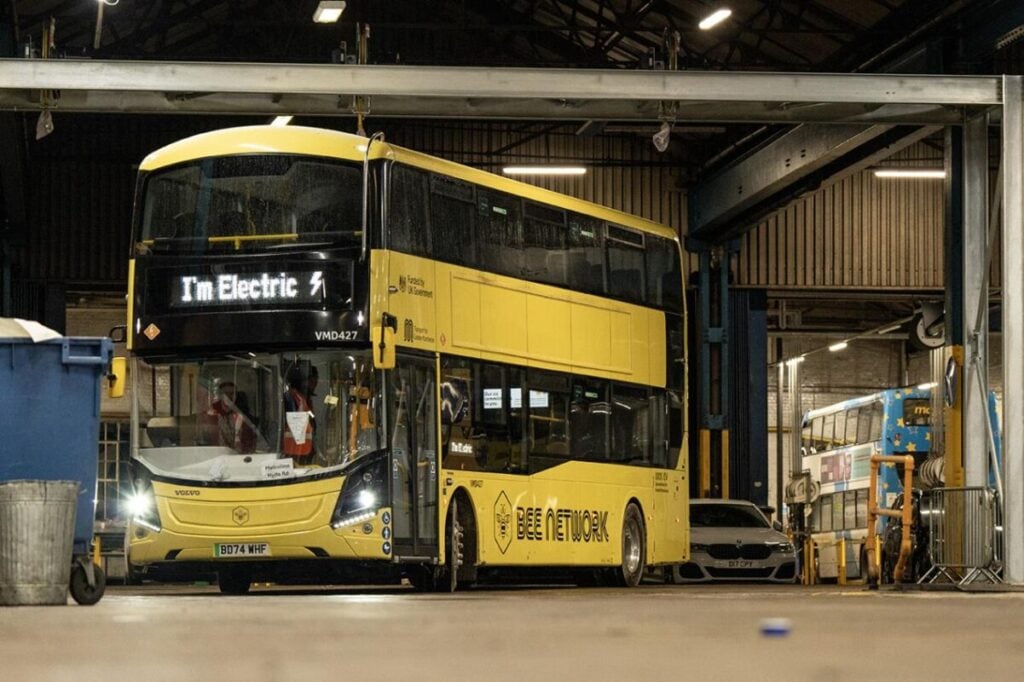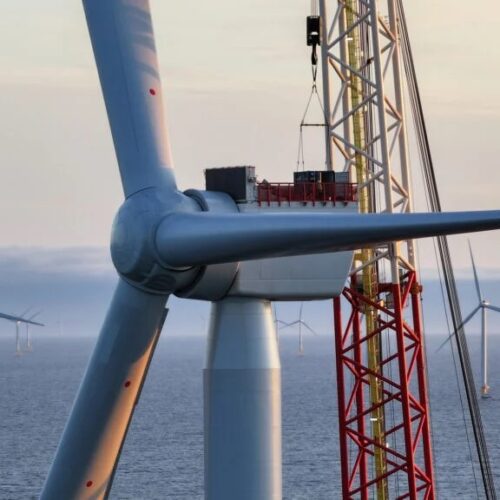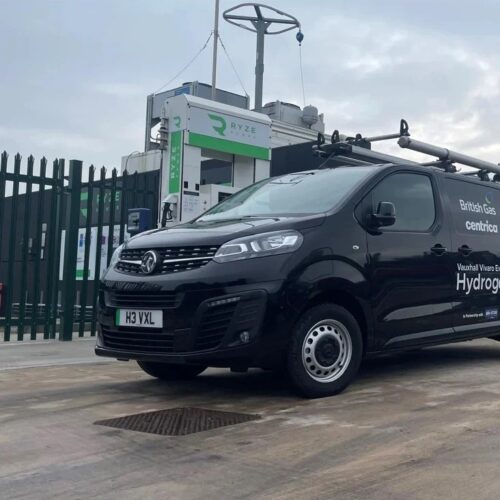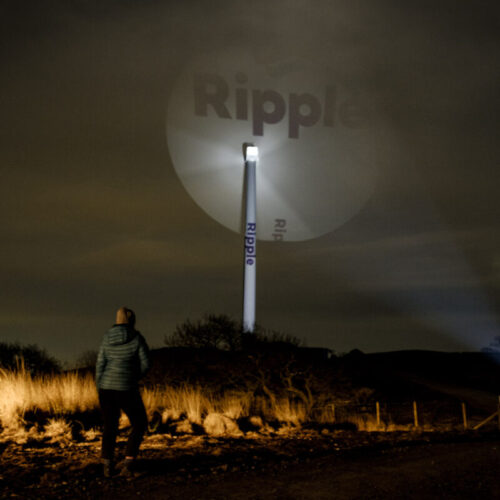The UK government has confirmed that drivers in Greater Manchester will not face additional charges for using their vehicles in the city, amid a programme to improve the city’s air quality.
The programme consists of an £86 million package to improve the city’s bus network and support local traffic management, but stops short of establishing a ‘Clean Air Zone’ in Manchester, a model that had been used in a number of other English cities to charge drivers using polluting vehicles when accessing parts of urban areas.
The largest in England covers an area of 9.35 square miles in Bradford, but Greater Manchester demonstrated to the Department for Environment, Food & Rural Affairs (DEFRA) that it could achieve “compliance with legal limits” on air pollution without the imposition of charges.
“Local authorities know their communities well and so they need to develop plans that are most effective for their local area, and I am pleased that Greater Manchester has found a clear way to reduce emissions without the need to charge motorists,” said air quality minister Emma Hardy. “I look forward to working with the teams across Greater Manchester as they put this important plan in place.”
Instead, Greater Manchester will benefit from a number of new investments into its transport sector, including £51.1 million towards 40 new zero-emission buses and 77 buses compliant with the Euro VI emissions standards, and associated charging infrastructure. Other investments include “up to” £21.9 million for administration and project delivery costs, £8 million to support moving the city’s taxi fleet to cleaner vehicles and £5 million for local traffic management measures.
Buses are set to be a cornerstone of Greater Manchester’s transport sector, with all of the city’s bus routes returning to public ownership earlier this year. The city plans for electric buses to account for one-quarter of the city’s 1,600 buses by April this year, up from less than 1% before public ownership.
Figures from the Society of Motor Manufacturers and Traders (SMMT) showed that zero emission bus registrations jumped 48% in the third quarter of 2024, and accounted for more than one-fifth of all new bus, coach and minibus registrations in the country.






